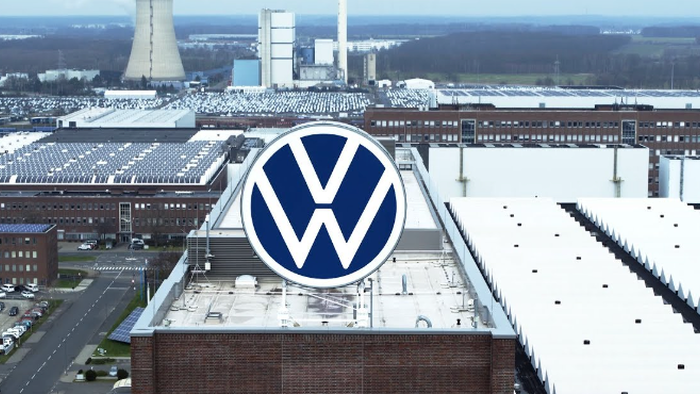Volkswagen, Europe’s largest car manufacturer, is poised to announce disappointing third-quarter results, a reflection of a broader downturn in the auto market coupled with escalating competition from China. This situation is exacerbated by the pandemic’s lasting impact on consumer behavior and supply chain disruptions. On the heels of these developments, Daniela Cavallo, Volkswagen’s works council chief and representative on the supervisory board, revealed plans for the closure of three factories. This decision raises concerns about severe implications for the workforce, including potential job losses in the tens of thousands, pay cuts of around 10%, and reduced working hours for current employees. The measures are seen as a necessary step towards overcoming the challenges Volkswagen faces in maintaining its competitive edge.
As the automotive industry grapples with the juncture between traditional combustion engines and the transition to electric vehicles (EVs), Volkswagen finds itself in a precarious position. Cavallo emphasized that the cost-cutting initiatives would extend far beyond mere operational adjustments; entire assembly lines and shifts would be eliminated as the company seeks to curtail losses and pivot towards profitability. The situation underscores the mounting pressures on Volkswagen not only to innovate but also to remain viable amid weakening sales and a rapidly changing market landscape. With the previous reliance on petrol-powered vehicles being increasingly questioned, Volkswagen faces scrutiny regarding its strategic decisions and its overestimation of the EV transition.
The possible closures mark a historic shift for Volkswagen, as they would be the first factory shutdowns in Germany during the company’s 87-year history. This news arrives against a backdrop of profit warnings that have become increasingly common for the company, signaling deep-rooted issues within its operational framework. The company has ten production plants in Germany, employing around 300,000 individuals. As the potential layoffs loom, unions have begun to stir, seeking increased bargaining powers and advocating for the workers affected by the company’s dramatic restructuring efforts.
The German auto industry, an essential pillar of the country’s economy, is now facing unprecedented challenges as competition ramps up from Chinese automakers, who are making significant strides in the EV sector. As Chinese brands capture market share and offer a wider array of electric options, Volkswagen’s traditional dominance appears threatened. The firm’s restructuring initiatives indicate a desperate attempt to readjust and survive in a landscape where consumer preferences are shifting drastically towards greener technologies, often at a faster pace than established brands can manage.
In the face of these changes, analysts and industry experts suggest that Volkswagen’s failure to adapt rapidly to the demands of the electric vehicle market may have been its undoing. While the transition to EVs is undoubtedly crucial, the legacy of Volkswagen’s reliance on fossil fuel technology now casts a long shadow over its ambitions. The company’s leadership has been criticized for not prioritizing innovation within the EV segment sooner, which has now left it grappling with both missed opportunities and heavy competition that would leave its operational framework altered fundamentally.
Going forward, Volkswagen’s fate appears precarious as it navigates this tumultuous period. The need for substantial restructuring indicates a recognition of the need for change, but the potential loss of jobs and the accompanying economic impact raise significant questions about the company’s long-term strategy. As it prepares to confront the challenges ahead, transition towards electric mobility and regain lost ground will be paramount. The resolve and effectiveness of these efforts, however, remain to be seen as Volkswagen attempts to reclaim its position as a leader in the automotive market amid fierce global competition and industry evolutions.

